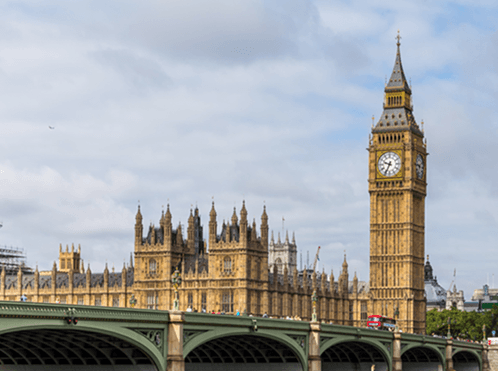Peers ask whether a visitor levy could be introduced in England
During a House of Lords debate on 14 July, peers discussed the possibility of introducing a visitor levy for seaside and coastal towns. They emphasised the potential benefits that increased local authority powers to generate revenue could bring. However, the government confirmed that it has no plans to implement such a levy in England.

Lord Bassam of Brighton (Lab), who secured the debate, asked whether the government would consider extending devolutionary powers to enable local authorities to develop a ‘tourist tax’.
The Financial Secretary, Lord Livermore, said that the government has no plan to introduce visitor levy powers in England, adding that they have been engaging with stakeholders to understand their proposals.
Viscount Thurso (Lib Dem), former chair of VisitScotland, asked for assurance that any potential proposal would be for a “fixed amount and not a percentage of room rate”, and modest, to which the minister responded that he couldn’t provide assurances on something they are not considering doing. However, he explained that the preferred way to raise revenue from overnight visitors will depend on the objective of the tax. For example, whether the tax is to attract visitors, accommodate the results of their visits or deter them from coming.
The Earl of Clancarty (Cross Bench) asked whether the government had considered the recommendations of the Cultural Policy Unit’s report, which “argues that it [a levy] could provide an additional but potentially significant regional funding stream for arts and culture, but that to maximise impact and revenues, it would need to be legislated for”. The minister reiterated his comments, emphasising the opportunity for councils and local businesses to generate revenue by establishing business improvement districts.
Baroness Goldie (Con) questioned the logistics of HMRC imposing VAT on the visitor levy in Edinburgh, labelling it ‘unfair’ and a ‘tax is imposed upon a tax’. The minister said he would write to her with the information.
Lord Vaizey of Didcot (Con) suggested there is growing use of a ‘tourist tax’ to generate revenues, providing the examples of the visitor levy in Edinburgh, Manchester and Liverpool (though noting that the latter two are voluntary levies). He believed that it is important that such a levy supports culture and hospitality businesses.
Lord Snape (Lab) suggested such a levy would provide “a valuable source of income, particularly for elected mayors”.
Baroness Neville-Rolfe (Con) raised concerns that a visitor levy on seaside and coastal towns could discourage visitors, emphasising that “a far better incentive” would be to reverse the “devastating tax increases that they [the government] imposed recently on the hospitality industry, particularly with regard to national insurance”.
The minister explained that the tourism minister has plans to grow inbound tourism, and he acknowledged the importance of the visitor economy. He concluded that the government has introduced a number of policies to help the sector, including freezing the business rates small business multiplier, together with small business rates relief.
You can read the full exchanges here.
